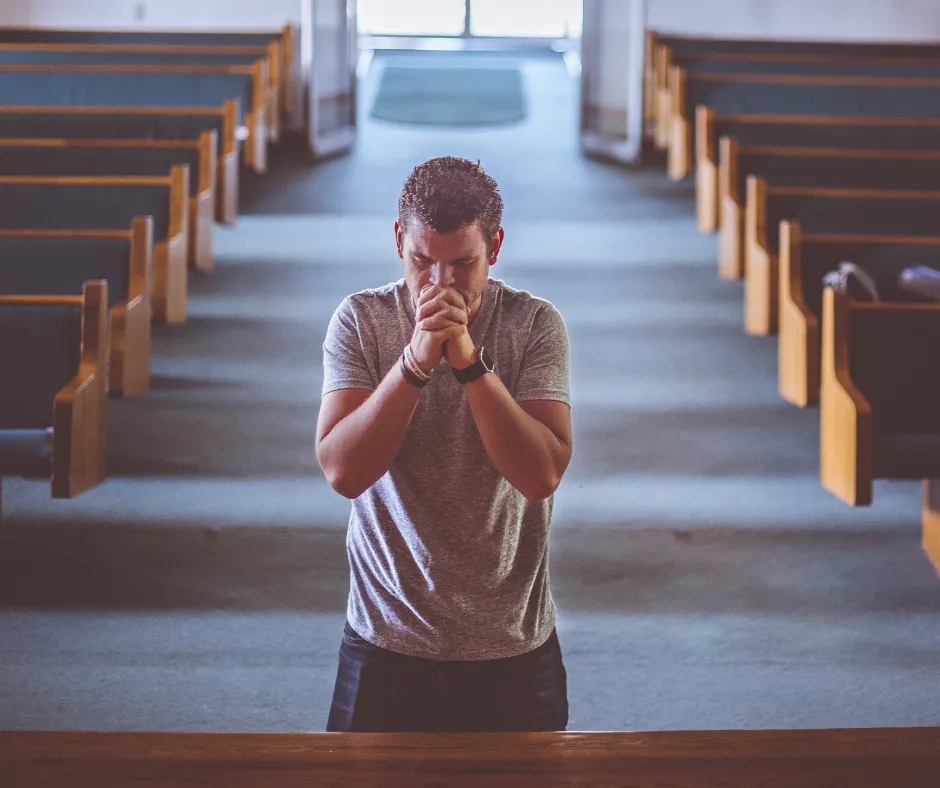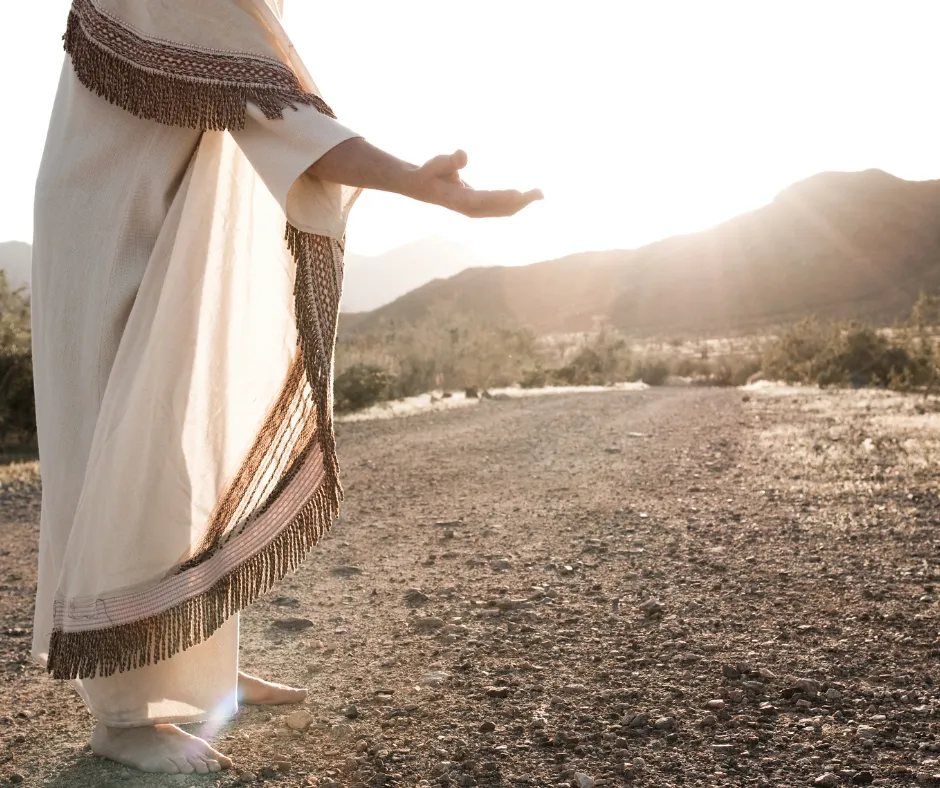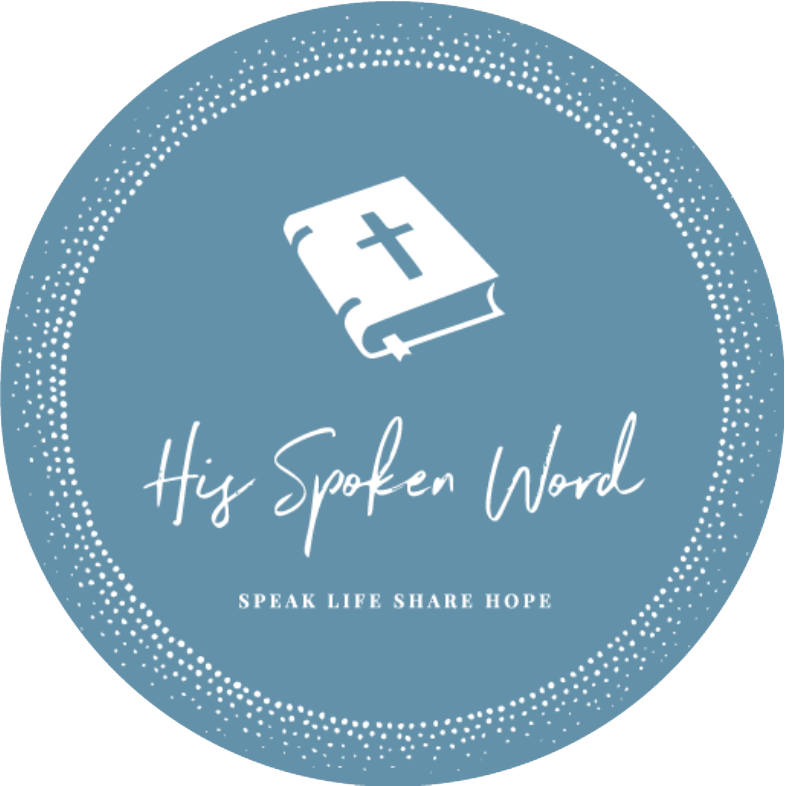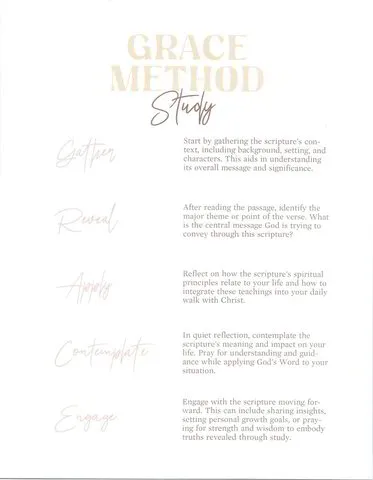
Imagine sitting down with a 1,000-piece jigsaw puzzle. Pieces lie scattered everywhere—colors and shapes without clear connections, no obvious starting point, and no immediate sense of order. Yet, there’s a calm assurance as you work through it, piece by piece. You don’t need to know exactly where each piece fits right away because you trust the puzzle’s creator designed it with an end in mind. Though seemingly random, each piece has its place and purpose, and you get to participate in bringing the picture together.
This process mirrors how believers enter God’s rest. God’s rest is not inactivity or idleness; it’s a peaceful, purposeful involvement in His Kingdom plan. We may not see the whole picture of our lives or understand why certain pieces don’t seem to fit right now, but we can have peace knowing we’re part of God’s design. Just as we trust the puzzle will eventually reveal a beautiful image, we trust God is bringing His purposes to completion in and through us. His rest is the assurance that, though we may not see the full picture, every piece of our lives matters and has a purpose in His plan. It’s the peace that comes from knowing we’re working alongside our Creator, harmoniously involved in something far greater than ourselves, confident that His masterpiece will one day be revealed.

The Origin of Rest: God’s Example in Creation
In the very beginning, God set the example of rest for us. After six days of creating the heavens, earth, and every living thing, Genesis 2:1-3 tells us that God rested on the seventh day: “By the seventh day God had finished the work he had been doing; so on the seventh day he rested from all his work.” This rest wasn’t out of fatigue; God is all-powerful and doesn’t experience exhaustion as we do. Rather, His rest was a deliberate pause, a moment to look upon His creation, declare it good, and appreciate the beauty of His completed work. God’s choice to rest signifies the importance of reflecting on our efforts, acknowledging goodness, and embracing peace.
This pattern of work and rest also included Jesus and the Holy Spirit, who were present at creation, carrying out God’s plan in perfect unity. Genesis 1:1-2 tells us that the Spirit of God hovered over the waters, and John 1:1-3 reveals that “through him [the Word, Jesus] all things were made.” The harmonious involvement of the Trinity in creation speaks to the beauty of purposeful work balanced with intentional rest. God’s rest serves as a model for us to follow, illustrating that rest is not just about ceasing activity but about aligning ourselves with His will, taking time to reflect, renew, and celebrate the goodness of His plan in our lives.

Warning from the Past: Lessons from Israel’s Disobedience
The story of Israel’s journey through the wilderness serves as a sobering reminder of the consequences of unbelief. Hebrews 3:16-19 highlights their rebellion against God, even after witnessing His miraculous works and provision. Despite His faithfulness, their hearts were hardened, and they refused to trust His promises. As a result, they were unable to enter the rest God had prepared for them. Hebrews 3:19 makes it clear: “So we see that they were not able to enter, because of their unbelief.”
This warning speaks to us today. Just as unbelief and rebellion blocked the Israelites from entering God’s rest, the same can happen to us if we allow doubt and disobedience to rule our hearts. God’s rest requires faith—a trust in His promises and surrender to His will. Unlike Israel’s path of rebellion, we are called to walk the path of faith, trusting that God’s plans are good and that His rest is available for all who believe. The Israelite’s plight is a lesson for us to remain steadfast in faith, ensuring that we don’t miss out on the peace and purpose found in God’s rest.

Faith as the Key to Rest
God’s rest is a sacred invitation to step away from striving in our own effort and into His peace. Hebrews 4:2-3 reminds us of the essential role faith plays in accessing this rest: “For we also have had the good news proclaimed to us, just as they did; but the message they heard was of no value to them, because they did not share the faith of those who obeyed. Now we who have believed enter that rest.” This verse teaches us that hearing God’s promises isn’t enough—we must respond with faith, trusting Him to fulfill what He has spoken. Faith moves us from merely knowing about His rest to walking in it and experiencing it in our hearts.
The writer of Hebrews uses Israel’s journey as a cautionary tale, showing how unbelief and disobedience kept them from God’s promised rest. Yet Hebrews 4:6-8 brings hope, assuring us that the opportunity to enter God’s rest remains open: “Therefore since it still remains for some to enter that rest, and since those who formerly had the good news proclaimed to them did not go in because of their disobedience, God again set a certain day, calling it ‘Today.’”
This “Today” is significant—it’s a call to act now, to choose faith over fear and trust over doubt.
Faith being the key to rest also means shifting our perspective. Rest isn’t about passivity or avoidance of responsibility; it’s about letting go of self-reliance and surrendering to God’s guidance in our lives. When we trust Him, we stop striving to control outcomes and instead embrace the peace that comes from knowing He is sovereign. As Jesus said in Matthew 11:28-29, “Come to me, all you who are weary and burdened, and I will give you rest. Take my yoke upon you and learn from me, for I am gentle and humble in heart, and you will find rest for your souls.”

Living in Obedience and Faith as a Pathway to Rest
God’s rest is not just a promise but a pathway, and that pathway is marked by obedience and faith. Hebrews 5:9 reminds us of the connection between obedience and salvation: “And once made perfect, he became the source of eternal salvation for all who obey him.” This verse points to Jesus, who, through His perfect obedience, made a way for us to experience eternal life and the peace of God’s rest. Our response to His finished work is to walk in obedience—not out of fear, but as an act of trust and love.
Obedience is a tangible expression of faith. When we choose to follow God’s commands, even when circumstances are uncertain or challenging, we declare our trust in His wisdom and goodness. Proverbs 3:5-6 encourages us to “Trust in the Lord with all your heart and lean not on your own understanding; in all your ways submit to him, and he will make your paths straight.” Obedience aligns our hearts with God’s will, allowing us to experience peace that transcends understanding (Philippians 4:6-7). Through obedience, we step into the rhythm of God’s rest, living in harmony with His purposes and finding peace beyond what the world can offer.

Practical Ways to Enter and Abide in God’s Rest
Entering God’s rest is not a one-time decision but a daily commitment to trust Him and align our lives with His will. One of the most practical ways to experience His rest is through prayer. By setting aside time to connect with God—whether in the quiet moments of the morning or during the demands of the day—we can lay our burdens at His feet and receive His peace.
To prioritize spiritual peace, intentionally seek God’s presence, even during life’s most difficult challenges. Make room for worship in personal reflection and by gathering with fellow believers at church. These times of fellowship allow us to encourage one another and grow together in faith. Meditate on God’s Word, allowing it to renew your mind and provide direction. Also, practice daily gratitude, focusing on His blessings and faithfulness. As we see from this list, rest in God doesn’t mean inactivity but trusting and surrendering to His care.
In closing, we are reminded that God’s rest is more than an invitation—it’s a promise of peace, renewal, and purpose. No matter how chaotic life may feel, His rest is available for all who trust Him, step out in faith, and surrender to His perfect plan. Today, take that step. Let go of the striving, embrace His presence, and find the unshakable peace your soul longs for in Him.


